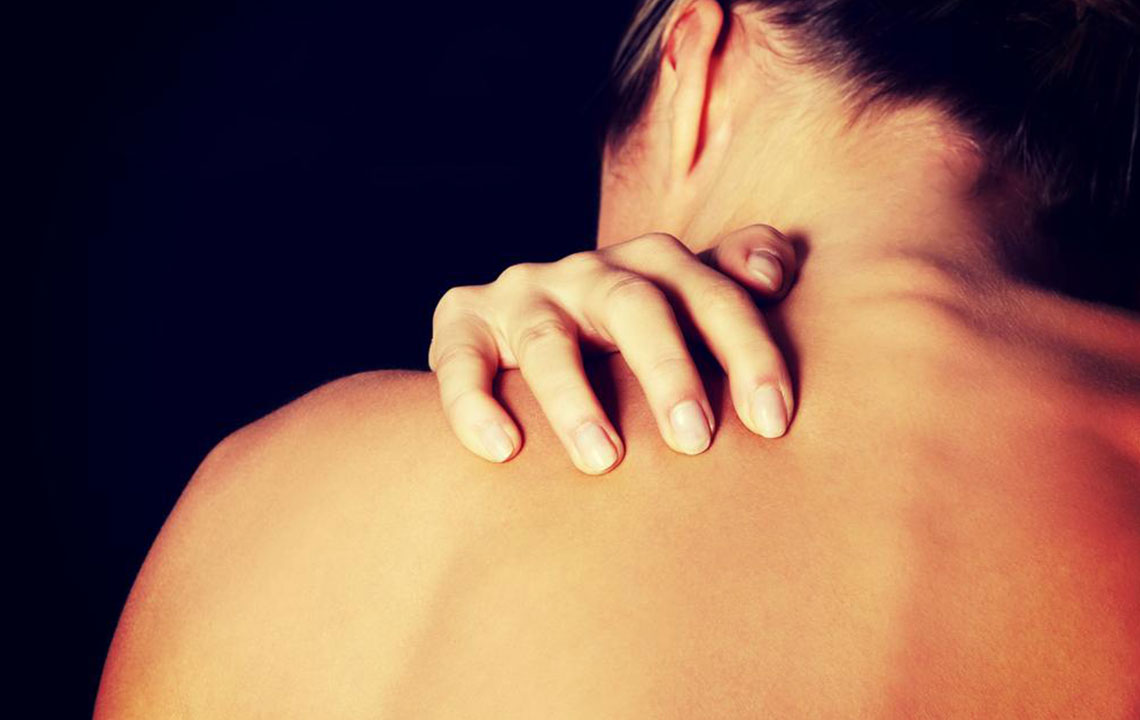Find the Best Treatments for Eczema
Eczema is a skin condition that causes itchiness and inflammation. This can be a reaction caused by a number of diseases. Eczema usually develops during the early stages of childhood. Atopic dermatitis is a common cause; it is mostly hereditary. Other causes are irritation from the excess use of soap and toxic chemicals, exposure to allergens, poor blood circulation, fungal infection, and scabies.
The best eczema treatments usually fall into any one of the following categories.

Lifestyle Changes
These are often considered the best eczema treatments as they are easier to implement and not as drastic as medication. You’ll need to adopt a daily skin care routine that includes cleansing, treatment, and moisturizing. You can adhere to the following treatment methods.
- Morning
In cases of oily skin, wash with a gentle cleanser. For dry skin, wash your face with water, apply the prescribed medication, and then follow it up with a sunscreen. Sunscreen is important to prevent UV rays from further irritating the skin and worsening the condition - Evening
Wash your face with a cleanser, apply the medication, and then moisturize.
Choose the right products, i.e., use a cleanser and a moisturizer meant especially for sensitive skin. They usually do not contain any color or fragrance, which can worsen the condition. - Bathing and Moisturizing
The best eczema treatment is to keep the affected area moisturized. After a warm bath or shower, moisturize the skin within three minutes. Add bleach, vinegar, oatmeal, or baking soda to soothe the skin and relieve the itching. - Reduction of Irritants
It is necessary to keep your skin protected from harmful chemicals. Stay away from harsh soap and dirty water as far as possible. If you absolutely need to deal with it, cover your hands with rubber gloves with cotton linings. While cleaning utensils, use long brushes and ensure minimal contact with the detergent. Avoid contact with fruit and vegetable juices, raw meat, dyes, and shampoo for too long. Avoid washing your hands with soap as far as possible. Remember to moisturize after each wash. Finger rings often trap detergent under them and can be a cause for skin irritation.
Topical Medications
- Topical steroids
The topical application of corticosteroids is a popular treatment for eczema. It helps reduce the redness, inflammation, and itching of the affected parts. Steroids are naturally produced by the body to regulate growth and immune systems. - Antipruritics
These are medications that are designed specifically to reduce discomfort from itching or pruritus, as it is known medically. Most antipruritics are antihistamines, which are also the class of medication used to treat allergies and common colds. The side effects include drowsiness and an enhanced impact from alcohol. So, it is advisable never to mix this kind of drug with alcohol or driving.
Antibiotics
In some cases, eczema may be accompanied by an infection of the skin. Your doctor would prescribe a course of antibiotics to cure the infection. These medications are one of the b est eczema treatments.
- Anti-inflammatory treatment
Treating the inflammation does not actually deal with the cause of eczema; it just reduces the symptoms. Cortisone treatment is a considered one of the best eczema treatments. This is a hormone released by adrenal glands, which has the effect of reducing inflammation. Cortisone is applied in the form of creams and ointments. This is a very potent medication; side effects can be serious unless the prescribed quantities are followed religiously. Prednisone is a compound of cortisone that is taken orally in short courses to treat eczema. When taken more frequently, the effect of this medication diminishes; side effects like bones weakening and cataracts crop up. - Topical calcineurin inhibitor
Eczema is usually caused by imbalances in the immune system. These drugs work by inhibiting the system from reacting and causing eczema to recur. This should be a fall back option once eczema stops responding to any other topical treatment. Also, TCIs should not be used for longer terms. - Topical PDE4 Inhibitor
The body contains an enzyme called phosphodiesterase 4 (PDE4) which controls cytokines, the protein that causes inflammation. This particular drug inhibits PDE4 from causing inflammation.
Therapy - Phototherapy
This includes the treatment of eczema through UV radiation. - PUVA Therapy
This method makes the use of psoralen with UV-A rays. Psoralens are substances that make the skin more sensitive to UV light. It is applied topically or ingested before the procedure. PUVA therapy helps reduce the itch and inflammation as well as increase immunity against bacteria. - UVB Therapy
Here, broadband UV-B rays are used to treat eczema. This method is not as effective as PUVA but is better than treatment with narrowband UVB, which is a new technique that is being used today.
Systemic Medications
- Biologics
This category of medication is prepared from a culture of living organisms; it is used to control inflammation caused by eczema. Biologics are administered through injections. As they are difficult to produce and distribute. It is one of the b est eczema treatments available today but usually costs a lot more than other forms of eczema treatment. Dupilumab is one such biologic drug.
Alternative Therapies
- Acupuncture
One alternative solution to eczema is taking sessions of acupuncture. It may take some time to show effect, but the procedure has been known to reduce itchiness, inflammation, and scaling.


